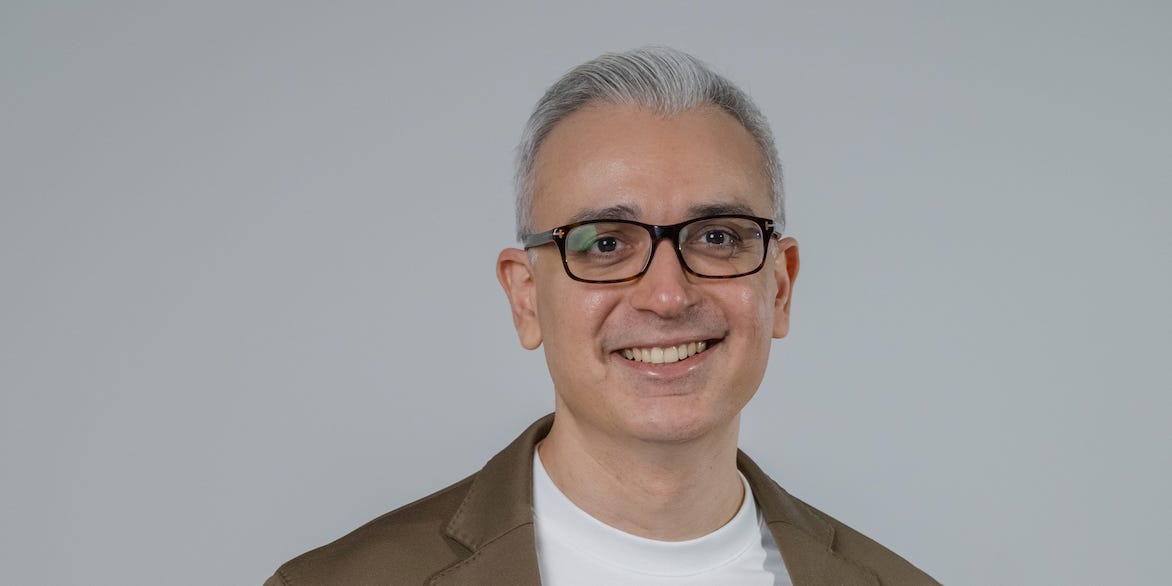Being a whistleblower was antithetical to everything Pav Gill had done during his nine-year stint as a corporate lawyer.
Gill found himself foraying into the fraud space early in his career, when he was on the deal team at Allen & Ovary working on the 1MDB transaction — a company that is now insolvent, and locked in Malaysia’s biggest legal case for corruption, bribery, and money laundering.
When Wirecard headhunted the Singaporean native to be its head of legal, Gill took up the position enthusiastically.
By October 2018, just one year after he started at Wirecard, he had been forced out of the financial giant for exposing its fraudulent practices of creating fake sales contracts, inflating its revenue, and altering its accounts. Gill had stashed his findings on an 85GB hard drive; the information was then leaked to a Financial Times journalist by Gill’s mother.
The subsequent investigation published by the paper led to Wirecard’s insolvency, and ultimate collapse, by June 2020.
Despite the fruitful outcome, the experience of being a whistleblower traumatized Gill.
Wirecard had been doing everything possible to malign Gill’s reputation while he was at the firm, even launching an internal investigation accusing him of fraud.
“Once Wirecard began its campaign of attacking me personally and professionally, it forced me into a situation where I was forced into exposing them for what they were — a criminal organization,” Gill told Business Insider.
“Things quickly took a turn downhill when they found out what I was doing, culminating in the company trying to kill me,” Gill chortled. “I laugh about it now.”
But emotionally, he was broken by the experience. He felt isolated and victimized by being forced to stand up for himself.
“The inability to confide in your colleagues, due to the sensitive nature of what I was involved in investigating, made it more difficult,” he told BI.
His experience isn’t novel. Being a whistleblower can be a thankless task for most of those undertaking it — especially in the technology ecosystem. Many recent whistleblowers have faced harassment, extended lawsuits, and targeted retaliation for speaking up.
This realization was the driving force behind Gill setting up his startup — Confide — a platform for ‘internal whistleblowers’ to raise issues within their organizations.
Gill wants to create ‘less of him’
The onerous task of being a whistleblower motivated Gill to create a platform that would “stop creating angry employees whose only resort was to go to the media,” he said.
“A lot of time, business leaders don’t get the information about what’s going wrong in their company — and they get taken by surprise,” he added. “This is what we’re telling companies, to use us as an early detection mechanism.”
Confide is designed to be a fully encrypted platform, where employees and vendors can lodge a complaint. The company then has 30 days to deal with it internally.
The platform allows users to log voice complaints, with Confide transcribing them into different voices, or log anonymous complaints with any metadata scrubbed out.
“I believe the average human being would always look internally in his or her surroundings to find something or someone trustable to raise serious issues to, and Confide is giving them the platform and ability to discharge this burden before being forced to look outside,” Gill said.
He added that top-level executives would also want to know about any red flags in the organization “to deal with them before they explode.”
If employees feel safe and protected when raising these concerns, Gill thinks they’re less likely to lash out as revenge.
Gill anticipates that this model will work best for companies with over 50 employees, and ideally above 250 employees. Confide has now locked in its first enterprise customer and is currently raising funding to top up its $500,000 pre-seed round.
“What a lot of VCs are realizing, having burnt money on crypto scandals, is that governance is important,” he said. The prospect of their portfolio companies having a sound whistleblowing system such as Confide is additional insurance for investors who “don’t want to play PR control,” Gill added.
Confide wants to put the ‘G’ in ESG
Alongside his work with Confide, Gill has spent the past few years working on developing a new EU Whistleblower Directive, which creates a standardized set of protections for whistleblowers in EU member states.
“I believe it has the potential to become a global standard of sorts for whistleblowing in the same manner as how the GDPR evolved into a gold standard for data protection issues,” he said.
While the US “has more robust whistleblowing regimes,” Asia has “a long way to go,” Gill lamented. “If you look at a developed nation such as Singapore which is a global financial center, it is a gaping hole that no overarching whistleblower protections exist the same way they do in the EU or the US.”
Gill thinks that companies are also incentivized to act according to the initiative, because of the rise in ESG awareness in recent years.
“It’s governance scandals causing companies to crash — so we’re trying to put the ‘E’ back in ESG,” he added.




